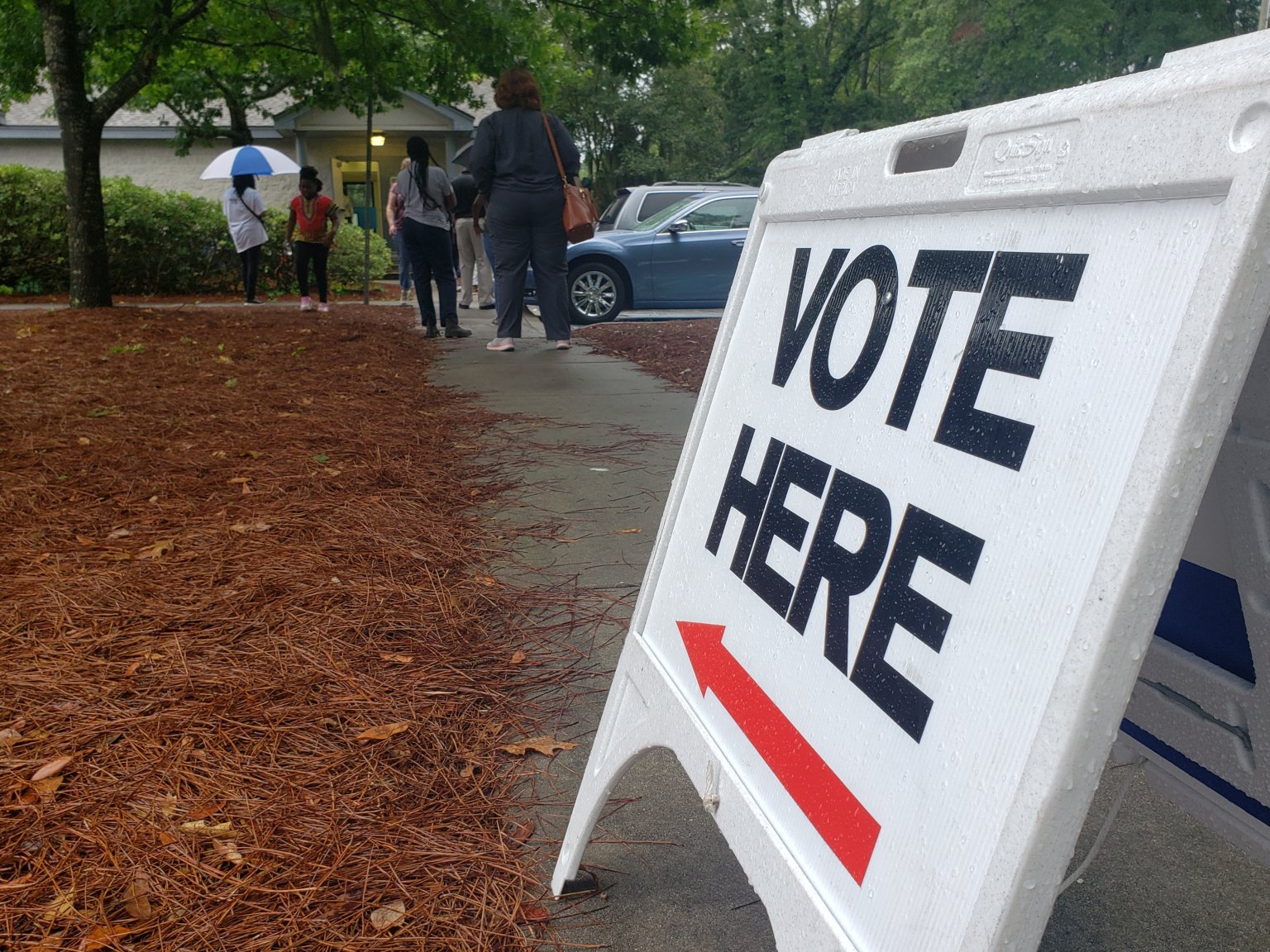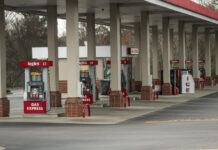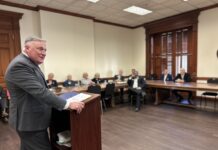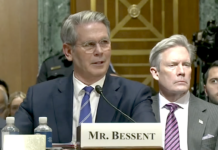
Georgia election officials are banking on the lessons learned from a rocky June 9 general primary and a calmer Aug. 11 runoff will pay dividends in November’s presidential election when a record 5 million people could come out to vote.
Successfully pulling off the Nov. 3 presidential election promises to be the toughest challenge yet in the 2020 election season. It will require recruiting more poll workers and providing more support for a new $104 million voting system than in either of the earlier votes, according to state officials. And it will also depend on how well Georgians embrace the 16 days of early voting and the no-excuse absentee ballots, secretary of state administrators said Friday in a meeting with state lawmakers.
Rolling out new voting machines for the first time in nearly two decades meant some glitches were to be expected and the degree of difficulty rose exponentially when the pandemic forced social distancing and scared away older poll workers. But with far fewer voters lining up to cast ballots in person in last Tuesday’s runoff, Georgia voters had a much less frustrating experience than in June’s primary when long lines stretched outside of some metro Atlanta precincts and in several other Georgia counties.
County elections staff and poll workers are now better trained to operate the voting system with two statewide elections behind them. County election officials also now have the names of 3,000 people who’ve told the state they’re interested in becoming poll workers for November, said Gabriel Sterling, statewide implementation manager for Secretary of State Brad Raffensperger.
“Tuesday was successful, but we have no illusions about this because 250,000 people showed up on Tuesday, and we expect between 2 to 2.5 million to show up on Nov. 3,” he said. “We are working with the counties to prepare for that.”
Two of Sterling’s colleagues joined him Friday to update the Georgia House Governmental Affairs Committee on ways state and local elections supervisors are preparing for the crush of voters expected in November.
The coronavirus left many county elections officials shorthanded in June as older poll workers bowed out of this year’s elections for fear of contracting COVID-19.
The need for social distancing also meant fewer voting machines at many polling places.
More Georgians are expected to vote absentee in the November election than the record 1.2 million who cast ballots that way in June’s primary after Raffensperger sent absentee ballot applications to nearly 6 million voters, said Ryan Germany, the counsel for the Secretary of State office.
Raffensperger has said he won’t send absentee ballot applications for the November general election. It is a decision heavily criticized by many state Democratic lawmakers and various voting and civil rights groups.
Instead, the secretary of state is banking on a new online portal to expedite the process of applying for an absentee ballot. It allows people to request absentee ballots to provide an easy way to send through the postal service or deposit at dropboxes maintained by counties.
Georgia’s elections administrators aim to have one technician available at each poll to solve problems with the large touchscreen tablets, scanners and printers that make up the ballot-marking device systems that prints out a paper record of a voter’s selections.
Raffensperger’s office previously blamed inadequate training provided by some local elections offices and not system glitches as the cause of some technical problems in the June election.
That runoff provided valuable experience, Elections Division Director Chris Harvey said.
“If there were a few issues, the coworkers were much better able to respond with emergency ballots in case they needed some extra time to get equipment set up and running,” he said. “We didn’t have the same kind of experiences that we had in June, and I think that I was because a lot of the counties, especially the metro counties, spent a lot of time getting ready with hands-on training.”
Governmental Affairs Chairman Shaw Blackmon, a Bonaire Republican, said his committee will put together a report about the June primary that will include suggestions on how to improve elections.







